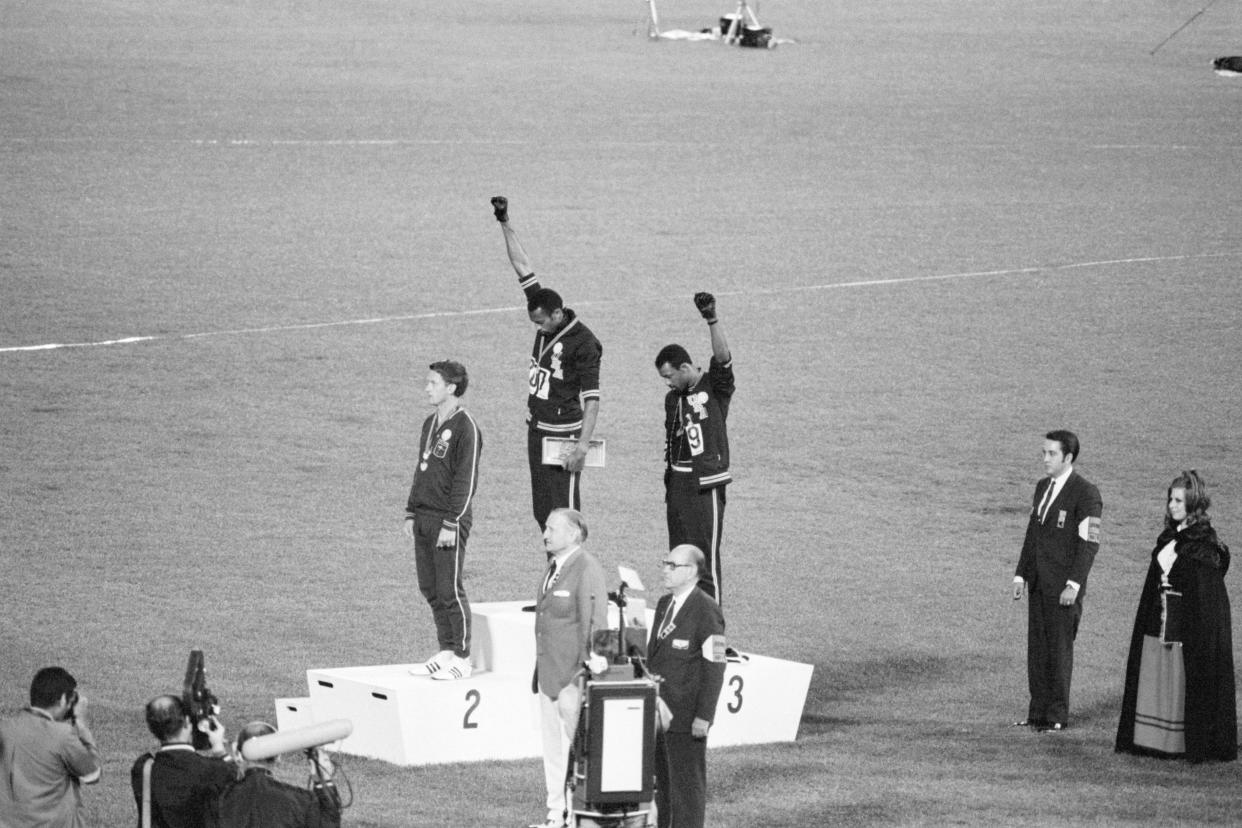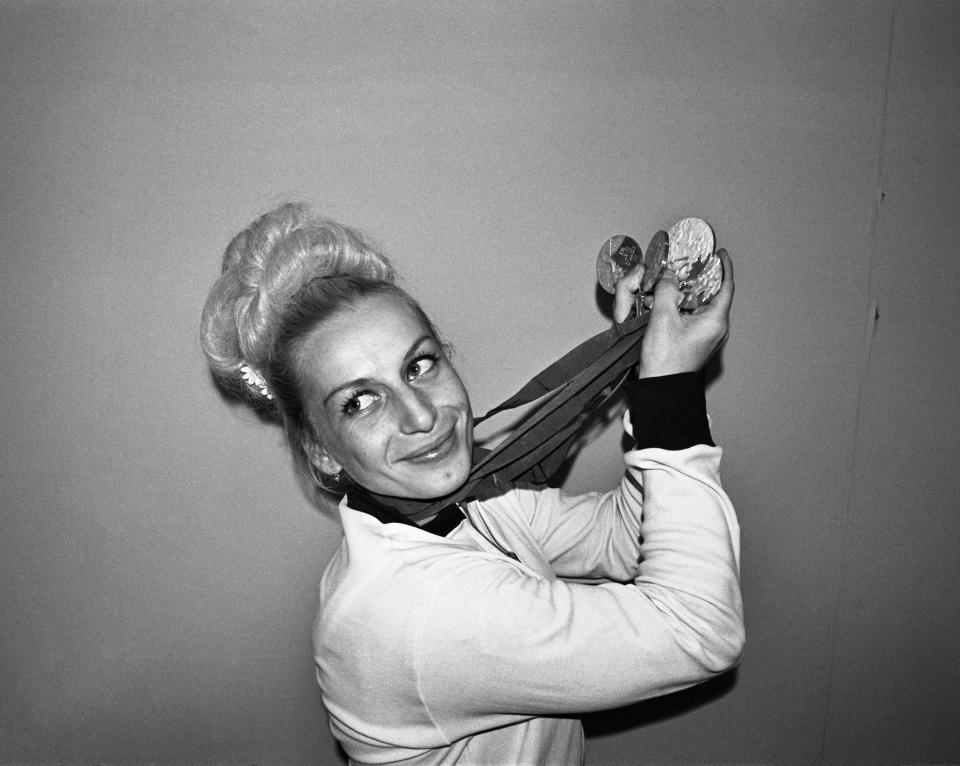Olympic athletes face bans if they make Black Lives Matter protests at Tokyo Games

The International Olympic Committee has said that athletes remain banned from protesting at the next Olympics.
According to the Olympic Charter, “no kind of demonstration or political, religious or racial propaganda is permitted in any Olympic sites, venues or other areas”.
A number of sports have softened their stance on political protests after the death of George Floyd in May. FIFA, football’s governing body, asked officials to “apply common sense” to players protesting in games, something they were previously reprimanded for doing.
Read more: Premier League footballer applauds 'energy and passion' of BLM protests
Last week, NFL commissioner Roger Goodell announced that the league was wrong for banning kneeling during the national anthem.

Goodell said: “We, the National Football League, admit we were wrong for not listening to NFL players earlier and encourage all to speak out and peacefully protest.
“We, the NFL, condemn racism and the systematic oppression of Black People. We, the NFL, admit we were wrong for not listening to NFL players earlier and encourage all to speak out and peacefully protest.”
The International Olympic Committee (IOC) will be taking no such action, according to The Telegraph.
Read more: 6 times footballers made political protests
Any athletes who break the rules could face bans, with each instance being judged on a case-by-case basis.
Last January, before the 2020 Tokyo Olympics was postponed for a year due to the coronavirus pandemic, the IOC issued its guidelines on what constituted a prohibited protest.
Past Olympic protests
Tommie Smith and John Carlos
At the 1968 Mexico City Olympics, US sprinters Tommie Smith and John Carlos wore black gloves, raised their fists and bowed their heads while receiving their medals for the 200m on the podium.
The protests against racial inequality led to the pair being sent home, while Peter Norman, the Australian who finished second, was ostracised by international and Australian Olympic authorities.
Norman was aware of the protest and thought it wouldn’t look right raising his fist, so wore an Olympic Project for Human Rights badge.
Cold War boycotts
Entire countries have also protested. In 1980, during the Cold War, the US boycotted the Moscow Olympics not long after the Soviet Union refused to withdraw troops from Afghanistan.
The Soviets returned the favour four years later when the games were held in Los Angeles.
Arash Miresmaeili

In Athens in 2004, Iran’s judo world champion Arash Miresmaeili refused to fight Israeli Ehud Vaks in his judo match.
At the time he said: “Although I have trained for months and was in good shape, I refused to fight my Israeli opponent to sympathise with the suffering of the people of Palestine and I do not feel upset at all.”
Czech invasion
In the same year as Smith and Carlos’s protest, Czechoslovakian gymnast Věra Čáslavská won four gold and two silver medals.

The Games came two months after the Soviet Union invaded Czechoslovakia and Čáslavská had been a vocal critic, having been forced to flee her home. Despite having to train on her own in a new home, rather than her normal gym, she was still successful.
During the medal ceremony, with the Soviet flag hoisted in celebration, she turned her head away in protest. It lost her her career, and wasn’t allowed to return until the fall of communism, when she became a coach.
Rainbow in Russia
Russia came under fire from for its treatment of LGBT people ahead of the Sochi Olympics in 2014.
At the Games, Dutch snowboarder Cheryl Maas thrust a rainbow-coloured glove up to the screen after her slopestyle run in support of LGBT rights.

 Yahoo News
Yahoo News 
